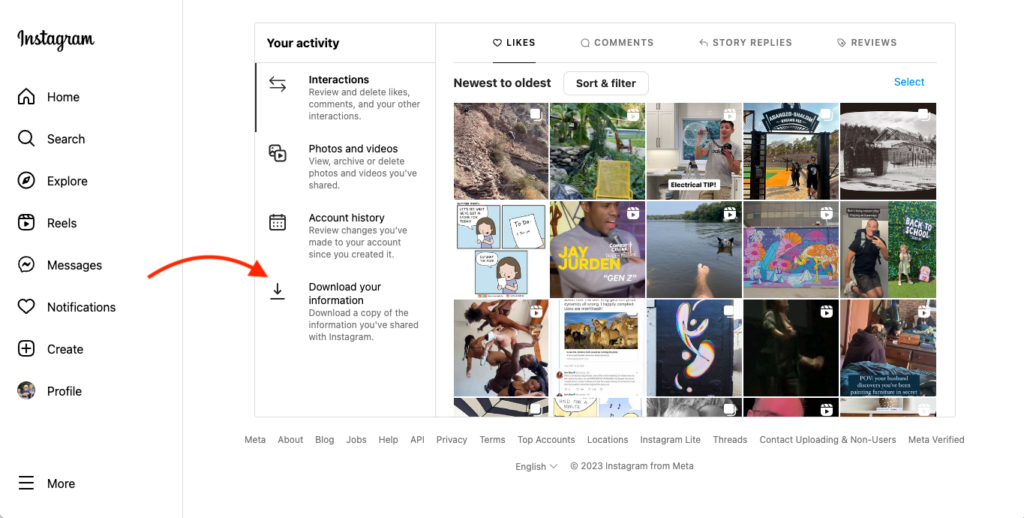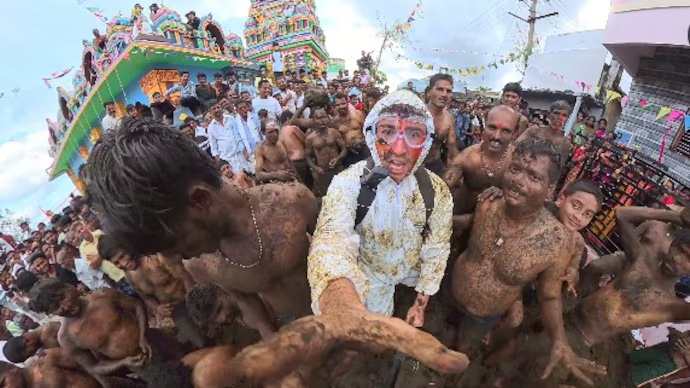Now Reading: How Social Media Ruined Privacy Forever
-
01
How Social Media Ruined Privacy Forever
How Social Media Ruined Privacy Forever
Social media has transformed how we connect, share, and communicate, but it has also reshaped the concept of privacy in ways we are only beginning to understand. In Tier 2 cities across India, where digital adoption is rapidly growing, people are sharing personal moments online without fully realizing the risks. Every post, story, or location tag leaves a digital footprint that can be permanent and widely accessible.
One major concern is data exposure. Social media platforms collect vast amounts of personal information, from browsing habits to location history. This data is often used for targeted advertising, but it also creates vulnerabilities for identity theft, scams, and unauthorized tracking.
Another impact is the blurring of personal boundaries. What was once private—family gatherings, personal achievements, or opinions—is now visible to friends, acquaintances, and sometimes strangers. In smaller cities, where social circles are tightly knit, oversharing can lead to judgment, gossip, or even social pressure.
The pressure to maintain a curated online persona also affects mental health. Users often feel compelled to share highlights while suppressing struggles, creating a distorted reality and eroding the sense of true personal space. The fear of missing out or being judged can make privacy feel like a luxury rather than a right.
Finally, the permanence of digital content means that mistakes or overshares can have long-term consequences. Once something is online, it is difficult to remove completely, making privacy breaches not just temporary but often permanent.
Social media has offered connection and convenience, but it has come at the cost of personal privacy. Understanding the risks and making conscious choices about what to share can help individuals protect their space and maintain control over their digital lives.

























